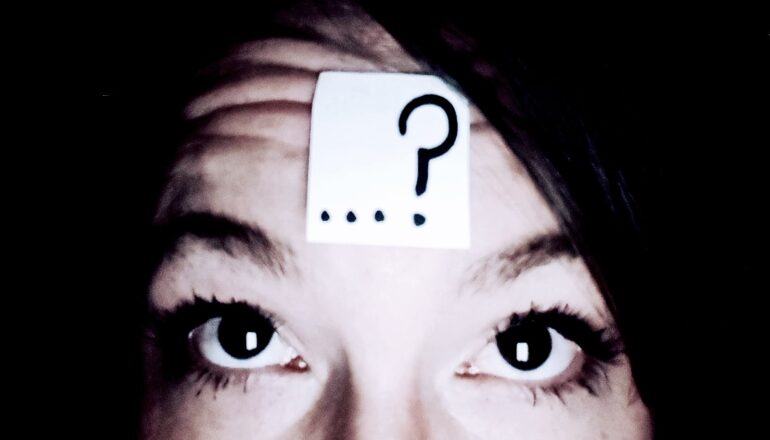Listen: Is what we think about psychopathy totally wrong?
- Psychopaths are often misunderstood due to popular culture’s portrayal, which has led to a skewed understanding of the condition.
- The term “psychopath” is relatively new, dating back to the 1970s Ted Bundy trial, and its definition has been shaped by media representations.
- Psychotherapy tests have significant impacts on the criminal justice system, with some critics arguing that they are flawed and biased.
- Research suggests that psychopathy may not be as biologically distinct from other personality disorders as previously thought.
- A new study challenges the traditional understanding of psychopathy, offering a fresh perspective on this complex condition.

In a new podcast episode, a scholar examines the science and myths around psychopathy tests—and their impact on the criminal justice system.
Few ideas have gripped the public imagination quite like the idea of the “psychopath.” From Hollywood thrillers to true-crime podcasts, popular culture has led us to believe that psychopaths are dangerous and biologically distinct from the rest of us.
But what if almost everything we think we know about them is wrong?
In this episode of the Big Brains podcast, Rasmus Rosenberg Larsen, an assistant professor of forensic epistemology at the University of Toronto and author of Psychopathy Unmasked (MIT Press, 2025), whose research is challenging the very foundation of psychopathy as a diagnosis.
Larsen explains how the term “psychopath” is relatively new, dating to the Ted Bundy trial in the 1970s, and how TVs and movies have skewed our understanding of the “psychopath.” He discusses psychopathy tests, their impact on the criminal justice system—and what the latest science reveals about the minds we’ve long misunderstood.
Source: University of Chicago
The post Listen: Is what we think about psychopathy totally wrong? appeared first on Futurity.
